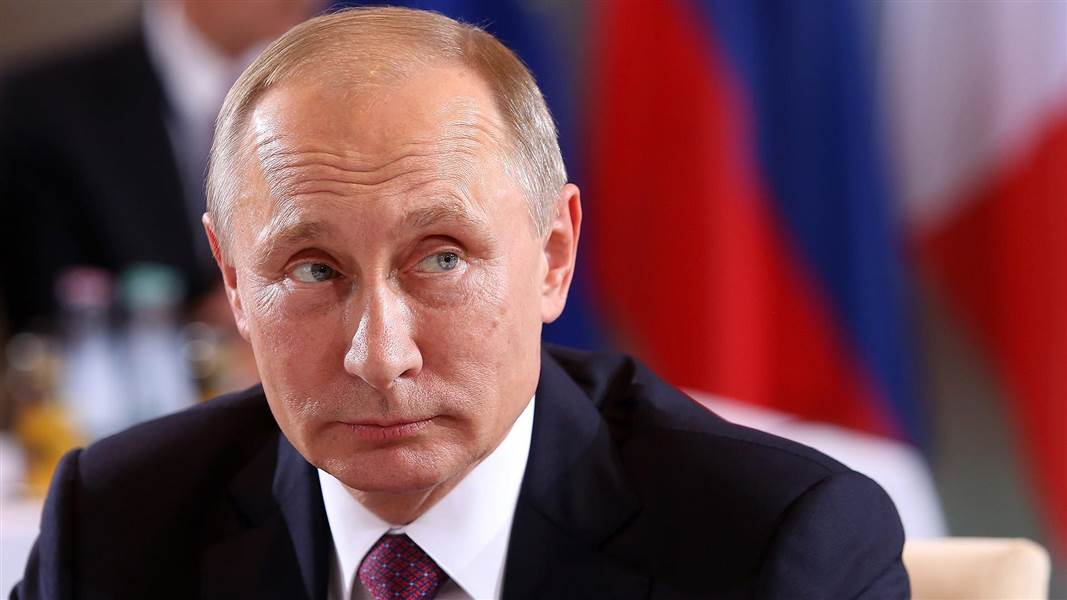
Throughout the past election season, pundits and scholars predicted the demise of the Christian Right—as they have done since the movement started in the 1980s. Before the election observers predicted that Hillary Clinton’s landslide victory and Donald Trump’s defeat would drag down the religious right and social conservatives who supported him. After Trump’s election the same pundits predicted that his administration will use and then dispense with Christian Right leaders, discrediting the evangelical brand in the process. Recent reports, though, suggest that the prospects for the religious right in the Trump era hinge less on the president-elect himself and more on growing international ties between fellow religious conservatives and, ironically enough, their common opposition to globalization. In The Imaginative Conservative blog, Stephen Turley writes that both the religious right and Trump see globalization as the enemy, even if for different reasons. Beginning in the 1990s, religious right leaders began to “see their domestic struggle with the ascendance of secular lifestyle values in far more globalist terms…. The involvement of Christian organizations such as Focus on the Family, Family Research Council, and Concerned Women for America in various United Nations policy disputes demonstrated that the international arena has become integral to the mission of the Christian Right.”
Turley adds, “With his emphasis on nationalism, protection of Christians, and promise of appointing pro-life judges, Mr. Trump’s campaign represented a mutual defense of these three sovereignties, making his candidacy a natural attraction for proponents of traditional values.” The former growth of nationalist populism as well as the resurgence of the Russian Orthodox Church and the unexpected Brexit victory suggests that “in many respects, the political influence of the religious right is just beginning,” he writes. Already global alliances among conservatives and traditionalists, such as the strong ties between Anglican evangelicals in the North and the global South and agreements between Eastern Orthodox and Catholic leaders on the persecution of Christians in the Middle East, are common; such coalitions to combat what are seen as secular and anti-Christian tendencies “[appear] to be more and more likely as political power increasingly aligns with populist sentiments.”
The recent populist turn of the religious right draws a measure of inspiration from Vladimir Putin’s Russia according to The New York Times (December 4). Putin increasingly aims his messages against gay rights and other forces of moral decay to populist groups abroad, a voice amplified through Russian Orthodox think tanks and media outlets like Russia Today that cater to foreign audiences. The New York Times article paints with a broad brush, seeing Putin as galvanizing far-right neo-Nazi groups like Hungary’s Jobbik Party as well as more moderately-right populist groups that may have issues with Putin’s foreign policy. The conservative magazine Chronicles (December) reports that the expansions of the role of religion in the public sphere occurring in Russia and also in Poland and Hungary are “challenging the secular-liberal outlook” that is seen as increasingly dominating the West. Poland’s Law and Justice Party are strongly anti-abortion, anti-gay marriage, and anti-euthanasia, while Hungarian Prime Minister Viktor Orban has become a strong advocate for the reassertion of religious values in society, including establishing a new financial system that has allowed church-owned schools to proliferate since 2011.
(The Imaginative Conservative, http://www.theimaginativeconservative.org/2016/12/donald-trump-global-religious-right-stephen-turley.html; Chronicles, 928 N. Main St., Rockford, IL 61103)
